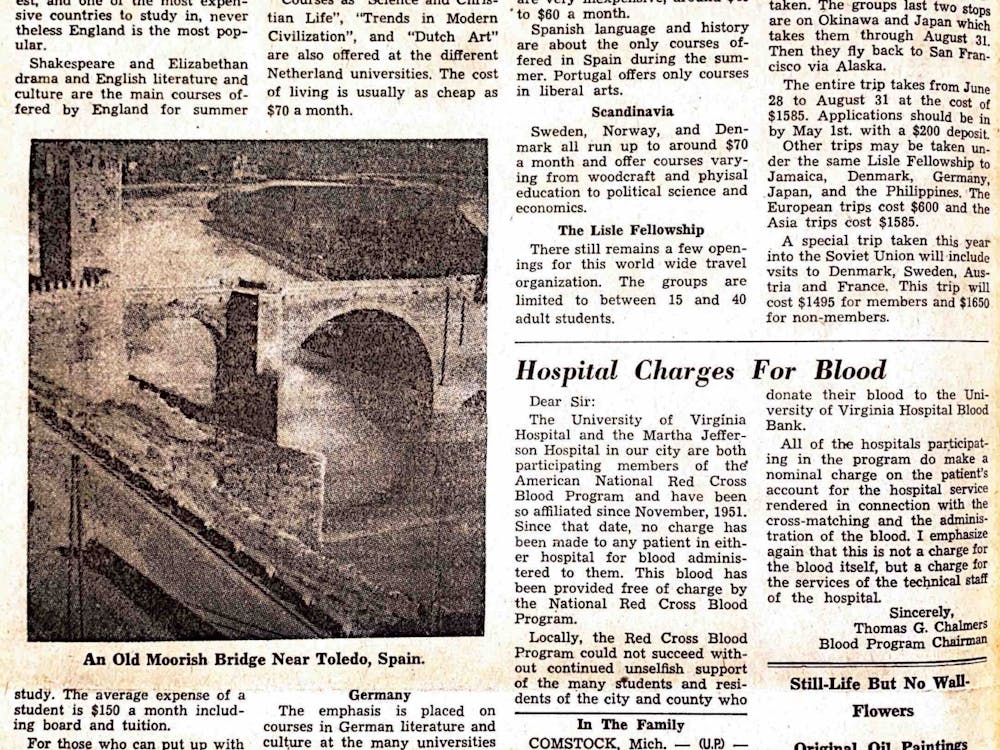RICHMOND — The Virginia Higher Education Advisory Committee met in Richmond on Thursday afternoon to discuss performance- and incentive-based funding for Virginia colleges and universities.
The committee was created in 2011 as a result of the Virginia Higher Education Opportunity, or Top Jobs Act, and brings together political, educational and business advisors to create recommendations on higher education initiatives.
The committee passed a new funding model wherein 50 percent of state funding budgeted for higher education will be allocated to financial aid and operational support, and 50 percent will be spent on performance and incentive funding.
Keith Miller, president of Virginia State University and vice chair of the Council of Presidents, introduced the new formulaic approach, arguing the new model will help keep Virginia schools competitive.
“Performance-based funding is taking hold in many colleges and universities,” Miller said. “We have a priority — the notion of recruitment and retention of high-performing faculty. Colleges and universities fear the greatest threat to delivering high-quality education is retaining high-quality faculty.”
Performance-based funding is a central part of Gov. Bob McDonnell’s Top Jobs Act, which aims to develop new education programs, to increase enrollment and degree completion of Virginia students, and to improve retention and graduation rates.
“This committee that came out of [the Top Jobs Act] has been very helpful and fruitful to me,” McDonnell said. “We’ve come a long way in the past two years to create something like the performance-based model. While it is nice to put money in, allocating where the money goes is always the challenge.”
McDonnell said adding specificity and predictability to spending gives Virginia schools more direction than the previous model. “Once the money reaches the institution, they have the responsibility [and] flexibility to award salary increases that vary by performance,” Miller said.
McDonnell hopes the new model will help to reach the goal he set forth of awarding 100,000 new degrees in 15 years. Aside from performance incentives, the budget includes funding for financial aid, student research, facility maintenance and building renovations.
“There’s a lot more to do if we are really going to achieve all the goals spelled out in the [Top Jobs] legislation,” McDonnell said. “We have a long way to go.”




